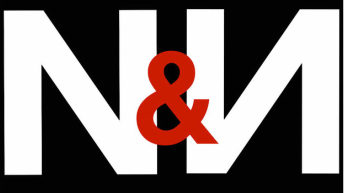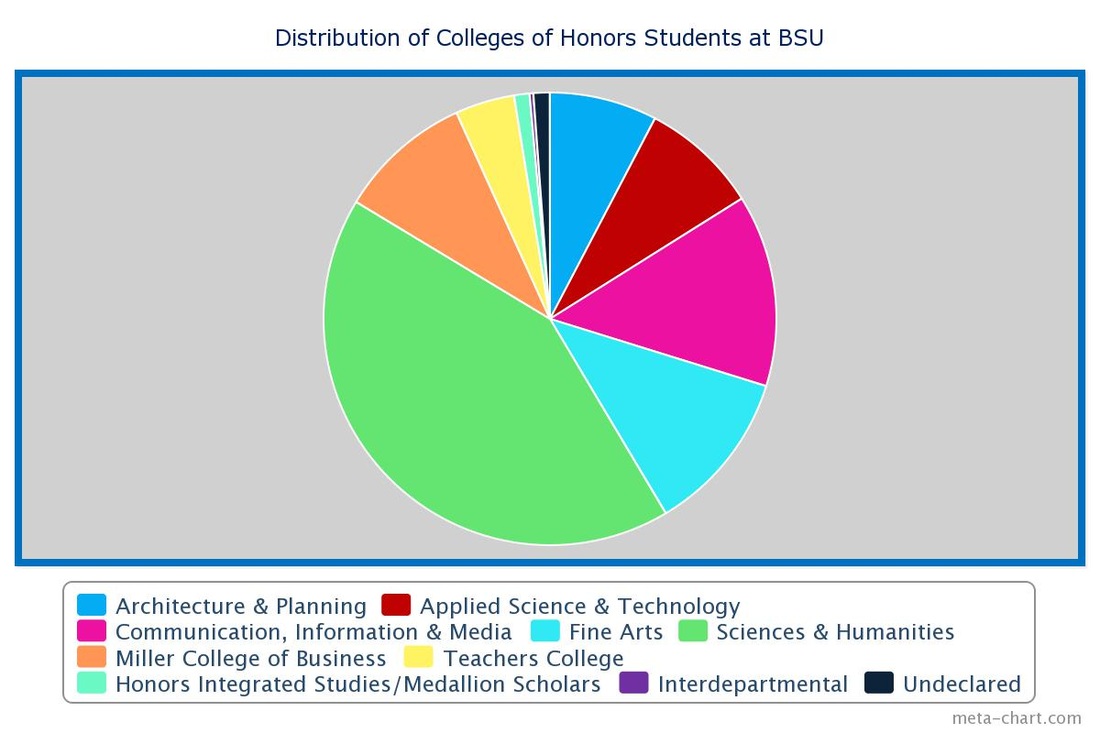family and friends and for a month off of school. But for some students in the Honors College,
the start of winter break means graduation.
Dulton Moore, a senior double-major in Actuarial Science and Mathematical Economics in the
Honors program, will be graduating this winter a full semester early.
Upon graduation, Moore has a job set up with a company in Fort Wayne where he interned this summer. He said he also plans to write a book about his experiences in college and his decision to graduate early and eventually start a non-profit where he will share his experiences with college-bound students.
Two other actuarial science majors graduating this semester are Sabrina Weislak and Liz Schmitt. Weislak and Schmitt have jobs lined up at State Farm and All State, respectively, which will begin within the next month.
Moore said that in actuarial science, internships occur over the summer. Moore took advantage of the internships offered, interning the summers after his sophomore and junior years. As far as studying abroad, Moore said he didn't plan on it.
Since he could intern in the summer and did not study abroad, Moore will graduate with seven straight fall/spring semesters.
“The simple answer [to why] would be just because I can,” Moore said.
He then elaborated, describing the promise he made to himself during his senior year of high school to go through college debt-free.
“That meant that if I ever got to a semester that I couldn’t pay for, I would take a year off, work, get money, and come back,” Moore said.
He calculated that based on tuition expenses and his own financial situation, he could graduate debt-free in seven semesters. After figuring out that his schedule could be completed in
only seven semesters, Moore decided to try and graduate early.
Moore said he also figured that early graduates would be more valuable to potential employers. Schmitt agrees that December graduation is beneficial in terms of job search.
“I don’t think I would have been offered this job at All State had I not been graduating early,” Schmitt said.
In order to assure early December graduation, Moore pushed himself academically, taking 17-18
credit hours each semester. Moore took some classes for no credit so he didn’t max out the 18 credit hour per semester limit. Additionally, he came into Ball State with around 12 credits from high school AP exams.
Schmitt says she came into Ball State with 58 credits from high school, giving her a definite advantage that allowed her to take the suggested 15-17 credit hours per semester.
Weislak also came in with credits, and took as many classes as she could each semester. Weislak says she “knew from the beginning” that she would be graduating early based on her incoming credits.
Despite his early graduation, Moore managed to earn two majors and a business minor. In their
seven semesters, Weislak and Moore have each earned a major and two minors. As an Honors student, Moore had to complete a senior honors thesis.
After talking with Dean Emert and his adviser last semester, Moore began research for his thesis over the summer and submitted his thesis just after Thanksgiving break. For his thesis, Moore said he is designing a new record-keeping system for Gamma Iota Sigma, an actuarial science fraternity on campus of which Moore, Weislak, and Schmitt are all a part.
Moore said that the Honors College thesis was something he wanted to do anyway, and being in the Honors College did not affect his plans to graduate early. Weislak said that graduating early “takes a lot of planning.”
Wesilak, Schmitt, and Moore caution that when making four-year-plans, students take note of classes which are only offered in the fall or in the spring.
“If you think there’s value in graduating early and can handle the course load, I would recommend [graduating early],” Moore said.
His initial reasons were financial, and he is still excited to be debt-free and earning money instead of paying tuition for an eighth semester and not working. Weislak and Schmitt also recommend
graduating early for the cost benefits, and said that most students coming into the Honors College will have credits beforehand, making graduating early an easier task.
Although Moore, Wesilak, and Schmitt are excited to be done with classes, all three say they will
miss Ball State and their friends inside and outside of the Honors College community.


 RSS Feed
RSS Feed
